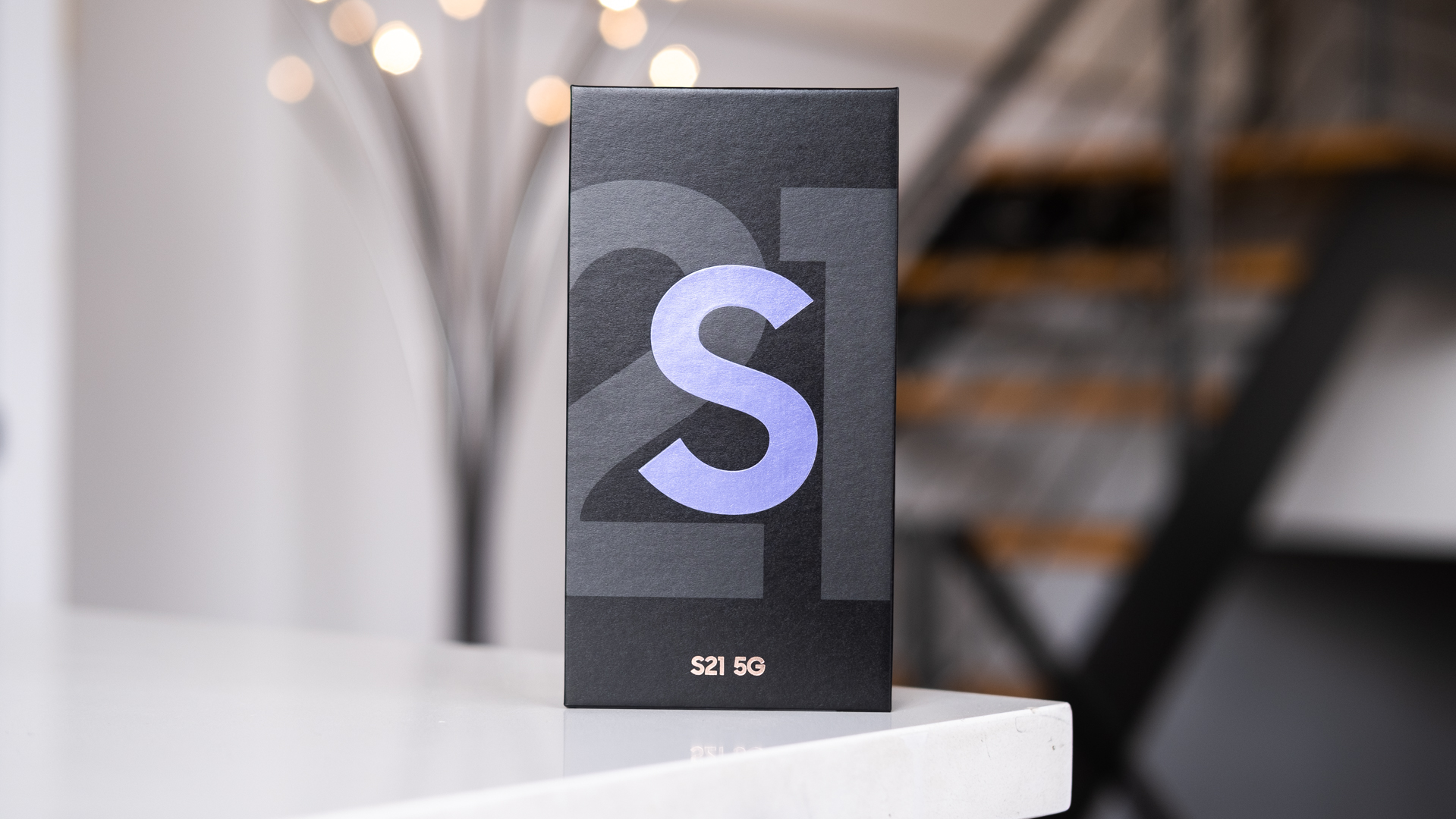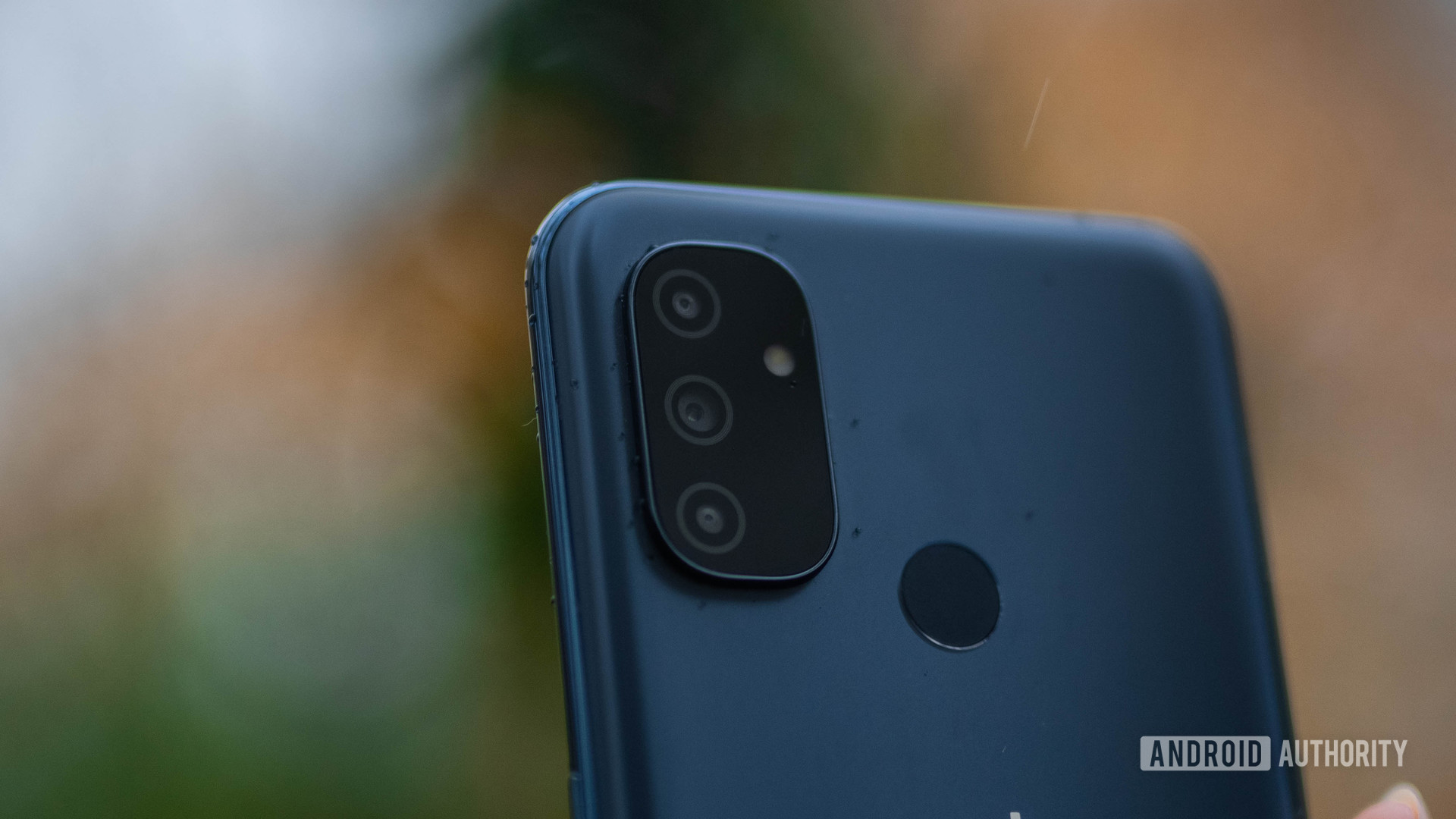Affiliate links on Android Authority may earn us a commission. Learn more.
⚡ Welcome back to The Weekly Authority, the Android Authority newsletter recapping the top Android and tech news from the week and the web. And from the InterPlanetary File System, which you can start surfing via a Brave browser.
☕ Tristan Rayner here with you again, and I'm still reading and watching S21 Ultra reviews to figure out if I splurge!
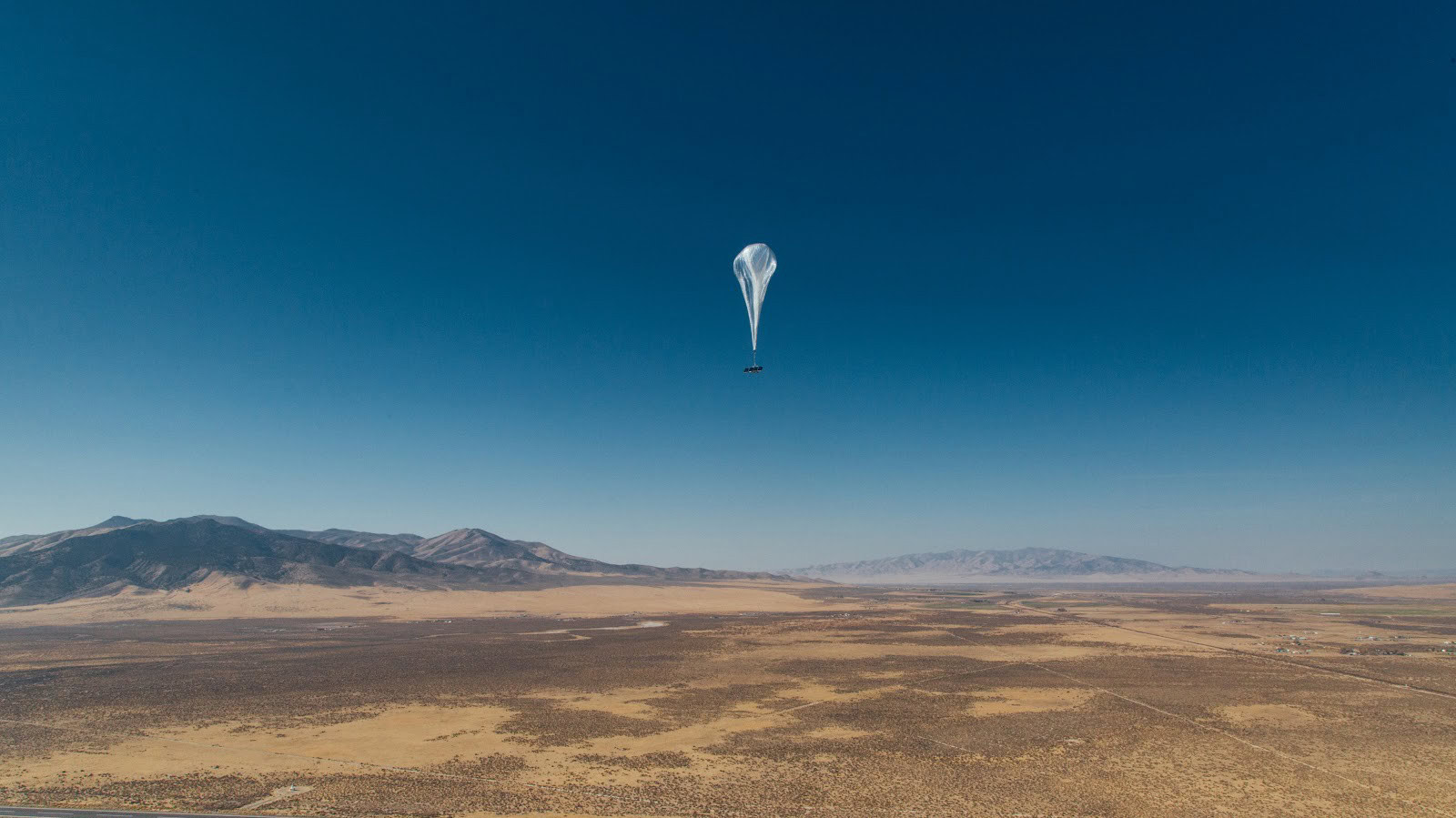
- The upcoming ROG Phone 5 saw leaks all week, including a bit of footage showing a redesigned body, secondary display on the back, boosted fast charging, and a hint that Asus will be skipping the “unlucky” number four for the name.
- The Sony Xperia 10 III has leaked too, with details suggesting a mild round of updates. It retains its predecessor’s 21:9 6-inch sized display, side-mounted fingerprint reader, and headphone jack. The question is, how much of an upgrade from the Xperia 10 II’s Snapdragon 665 will we get?
- Android 12 will hopefully include this feature spotted in a code commit to the Android project: easier to share Wi-Fi passwords via Nearby Share. App pairs could be part of the next release as well, helping run two apps at once.
- Qualcomm announced the “new” Snapdragon 870, and it’s just the 2020 Snapdragon 865 Plus with a tiny clock speed increase. At least manufacturers will be able to claim their mid-tier 2021 devices have 2021 chipsets.
- Vivo has launched the X60 Pro Plus in China, packing the new Snapdragon 888 processor and an upgraded rear camera array. No word on global availability.
- Windows 10X leaks showed off more of Microsoft’s Chrome OS-style Windows “Lite” approach that might be seen in future laptops designed for web use.
- Alphabet shut down Project Loon, its hot air balloon moonshot to beam speedy internet into remote parts of the world (TechCrunch).
- Google in Australia threatened to shut off Search to the country in an escalating battle between it, Facebook, and the Australian government over linking to news sites (blog.google). Australian media wants a cut of what Big Tech is earning, something France managed to get agreement on with Google this week (CNBC).
The reviews that mattered this week were all from Samsung. The team at Android Authority dropped big reviews of the Galaxy S21 Ultra and the base Galaxy S21.
- Galaxy S21 Ultra review: The headline here is that the Galaxy S21 Ultra fixes the mistakes of the Galaxy S20 Ultra. This includes the camera. which after some issues on last year’s model is now among the best in the business. The phone is the real McCoy; cheaper and better, with a great display and extended battery life. That said, it’s still $1,200, and the loss of the microSD card may have some enthusiasts looking at the alternatives.
- Galaxy S21 review: A great line here sums it up: “Power users will think it’s anemic, but the average smartphone buyer will find everything they need at a very reasonable cost.”
Features & Opinion
- Why don’t phones use a laptop configuration model?
- Qualcomm Snapdragon 870 vs Snapdragon 888: 2021 high-end chips compared
- Analysis: Qualcomm spent $1.4 billion to compete with Apple’s Arm laptops.
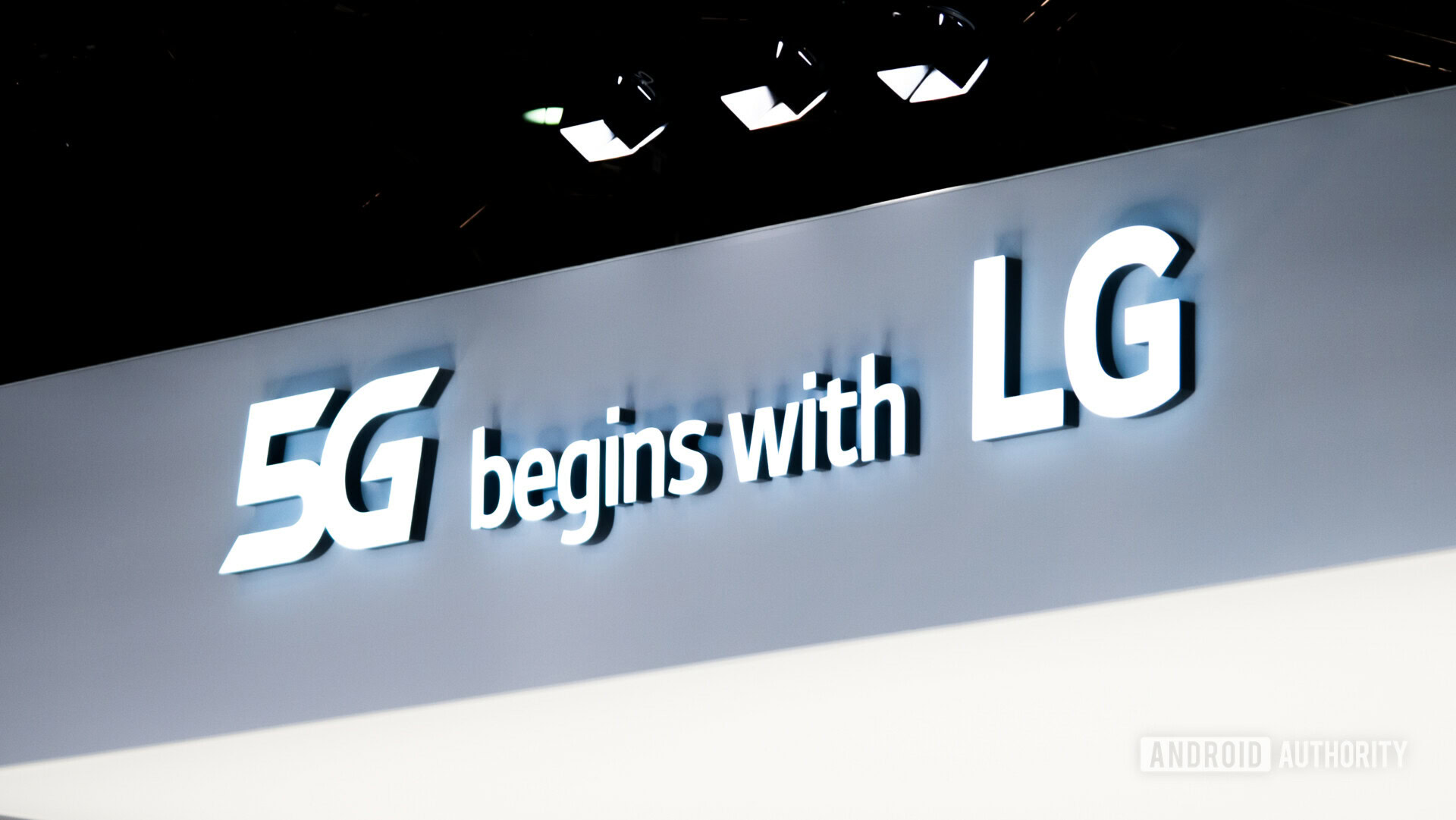
- Last week, a report from Korean media tech site TheElec was widely circulated that indicated a possible sale. This was swiftly and definitively rejected by LG. TheElec even removed its original post.
- Then, LG went to another media outlet, The Korean Herald, and admitted it wasn’t a completely scandalous and false rumor after all.
- “Since the competition in the global market for mobile devices is getting fiercer, it is about time for LG to make a cold judgment and the best choice,” an unnamed LG official told The Korea Herald.
- “The company is considering all possible measures, including sale, withdrawal, and downsizing of the smartphone business,” the official continued.
- VinGroup, a Vietnamese company that previously bought BQ in Spain, was cited as being interested in acquiring LG assets.
This all matched up with a later TheElec report that detailed a memo to all employees sent by LG Electronics CEO, Kwon Bong-seok:
“LG Electronics has come to the point where it is time to make the best choice by calmly judging its current and future competitiveness in the mobile business. Currently, all possibilities are open and the direction of business operation is carefully reviewed.”
It doesn’t take much to read between the lines.
The world of LG
South Korea’s fourth-largest conglomerate is known as LG Corporation — a sprawling technology company made up of multiple subsidiaries. However, most of us are more familiar with the name LG for its consumer operation, LG Electronics, which produces TVs, appliances, smartphones, and much more. LG has embarked on a process of installing “younger leadership” (The Korea Herald) over the past year across its divisions. New LG Electronics CEO Kwon Bong-seok, known in Western media as Brian Kwon, doesn’t have a complicated business picture in front of him:
- LG Electronics itself is flourishing. The company recently posted its best-ever quarter, after a record-breaking $2B profit in 2019.
- But that’s thanks to its appliances, including TVs, and recent outsourcing of low-end phone manufacturing to cheaper ODMs.
- The mobile business within LG Electronics has posted an astounding 23 consecutive quarterly losses running from mid-2015 to the most recent fourth quarter of 2020.
- That near five-year span adds up to around $4.5 billion in losses.
- While the new CEO had previously talked up attempts to again reach profitability, most CEOs like to talk about doing better in the future.
- The market delivered its opinion: once the confirmation of “all possible measures” being considered was made, LG Electronics shares rose as much as 12% above the broader market on the day, and 25% in two days.
Something has to give.
LG’s smartphones: Life’s okay-ish?
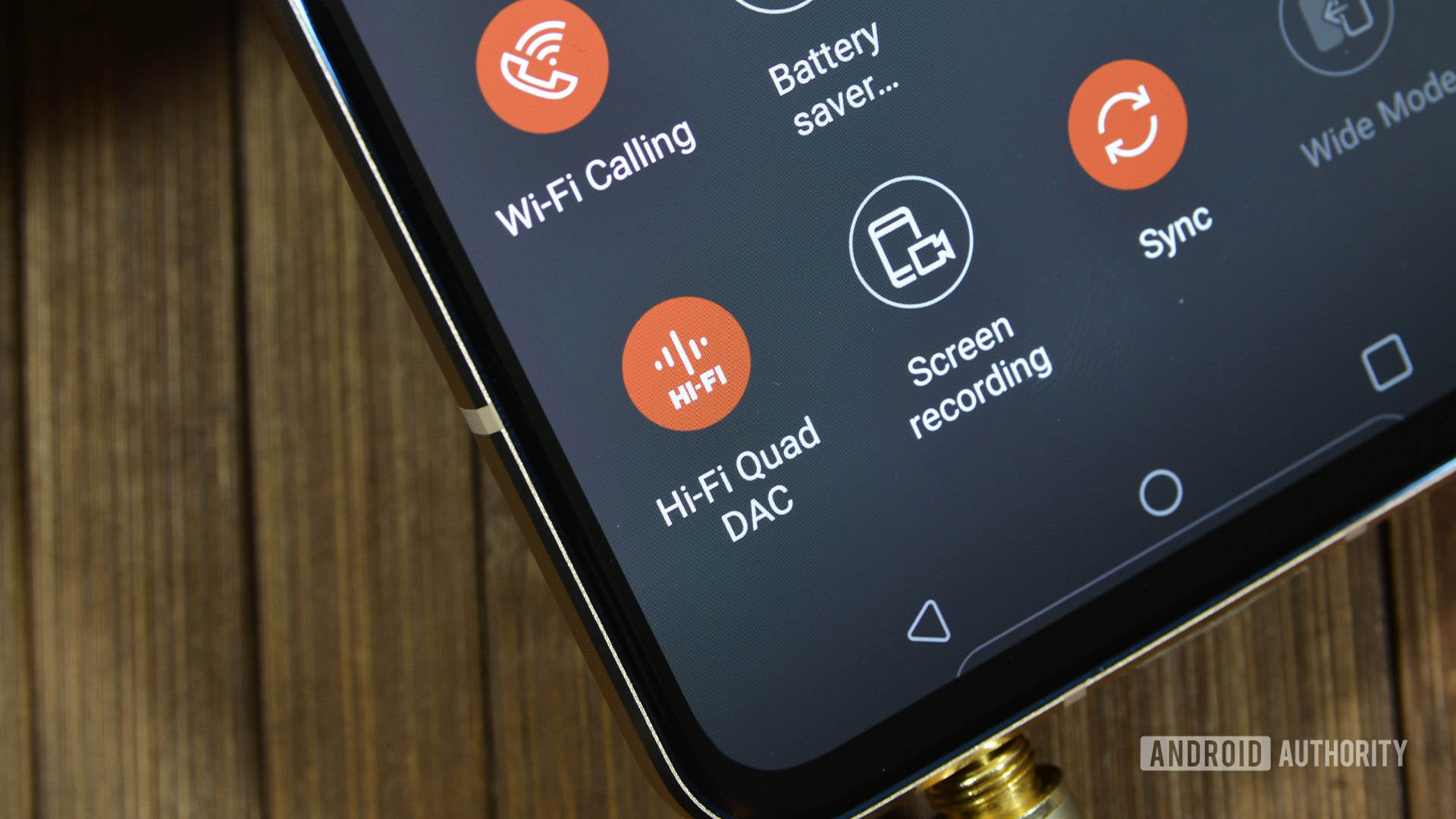
- LG has been consistently overshadowed by its great South Korean rival, Samsung. LG’s budget phones — from its K-series and Q-series — generally far outsell its flagships.
- This is especially true in the global market, despite the little attention they receive. Meanwhile, LG’s flagships show more of the inconsistent approach that has come to mark the brand:
- The enthusiast community followed the major releases from the G and V lines, as well as the LG-made devices in the Nexus series.
- In tech circles, you wouldn’t have to ask around too much to find a fan of the LG G2 or G4. However, very few of those fans would still own an LG phone today.
- Even in 2020, a more coherent LG still didn’t make much sense. It ended the G series and put out the stylish but expensive LG Velvet. The LG Wing earned praise for its innovation but didn’t fully nail the crucial software performance. Likewise, while the LG V60 was considered one of LG’s best efforts in years, it wasn’t the leader in any aspect and fell behind on camera and software compared to its rivals.
- LG was applauded for keeping the headphone jack and its unique offering of wired Quad DAC audio hardware, but it was ultimately a niche feature in the age of true wireless earbuds.
- Engaging consumers was never a strong point for the brand, apart from the audio geeks.
And it’s possible that LG just lost consumers through a pattern of disappointments:
- Anyone switched onto smartphones knew not to pay full price for an LG phone because of the inevitable steep discounts that would come just months after launch. That destroyed resale value for early adopters.
- And who can forget the bootloops. LG was never forgiven for its problematic bootloop issues, where normally working phones would suddenly enter a constant state of reset. Unfortunately, this was a hardware problem that plagued its smartphones in the mid-2010s.
- Even as Samsung brushed aside literal exploding phones in its Galaxy Note 7, the bootloop problem plagued LG’s reputation for years and remains fixed in the minds of many.
- Mostly, Samsung phones were better, with LG finding less mainstream features to highlight.
That’s not to say LG isn’t important. The fabric of Android features the LG logo.
Intense competition
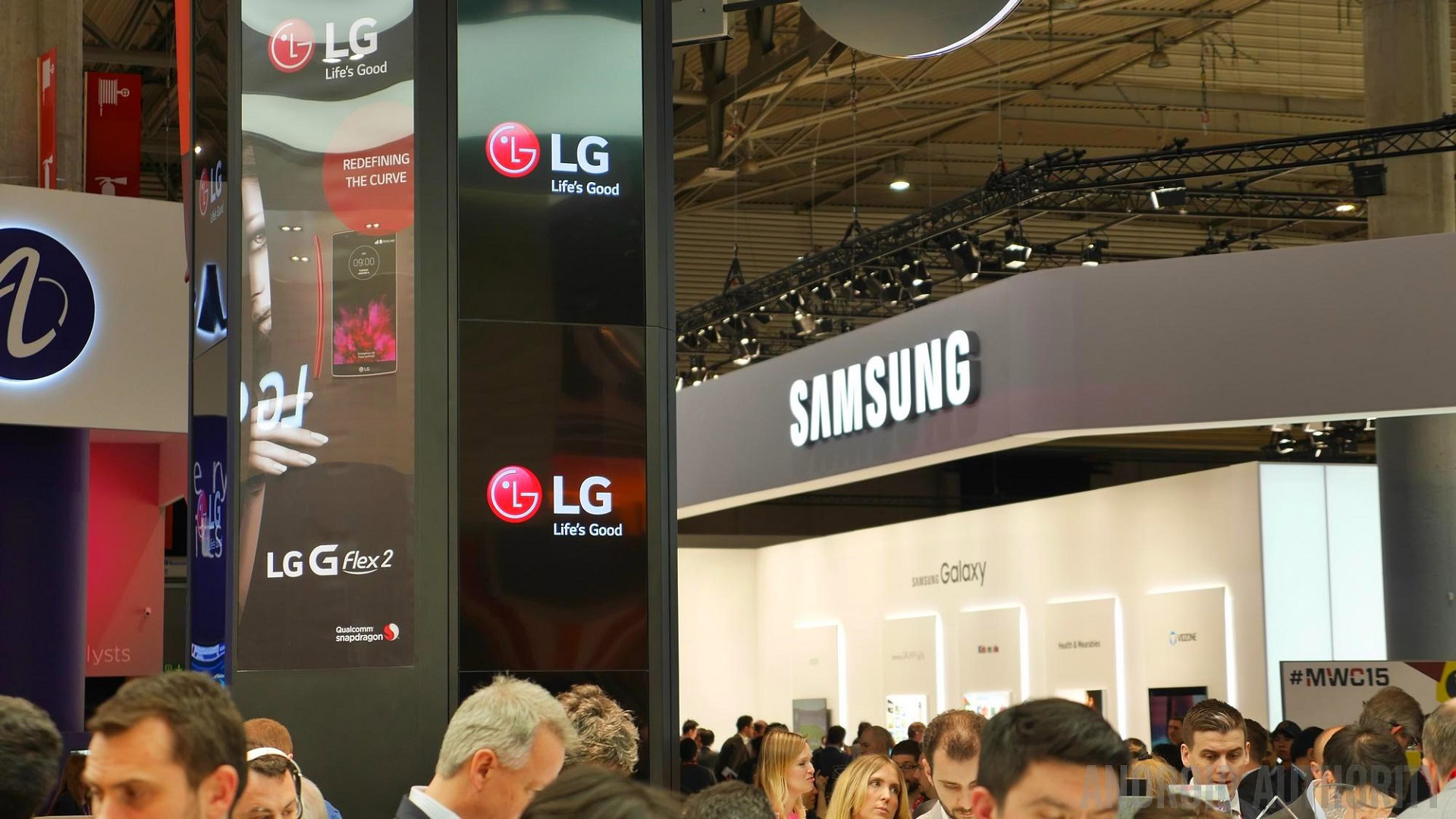
- We may never see another HTC flagship smartphone.
- Sony’s smartphone sales are stable at best.
- Microsoft’s legendary failure with Windows Mobile and its $7.2B Nokia acquisition remain relevant, but its failed 2020 re-appearance with the expensive, fragile, buggy Surface Duo was one of the worst of the year.
Long live LG
No matter what comes of LG’s mobile division, LG Corporation is still going strongly:
- LG Display continues to help LG Electronics offer leading OLED and LCD TV sets, while selling its panels to numerous OEMs in electronics, appliances, and smartphones. Sony uses LG OLEDs in its Bravia TVs.
- And you might be surprised to know that LG is a significant player in electric vehicles (EVs) too, despite not selling vehicles.
- Last month was huge for the conglomerate. In December, LG Chem spun off its EV battery and energy storage business into a standalone unit. Also last month, LG Electronics announced it will spin off part of its electric vehicle components business and set up a $1bn joint venture with Canada’s Magna International.
- And another unit, LG Energy Solution, agreed to a $9.8B deal with Indonesia to manufacture batteries.
Clearly, as the EV revolution continues, LG is destined to be more than a bit player. It also doesn’t have the pain of needing to appeal to fickle consumers like it has to with its mobile division. Instead, it sells the underlying tech and in volume. LG’s mobile business is going to change. No company can go on with consecutive quarters of losses forever, not even one of the biggest conglomerates on the planet.
That’s it for this week! To stay up to date on all things Android Authority be sure to check out all our newsletters.
